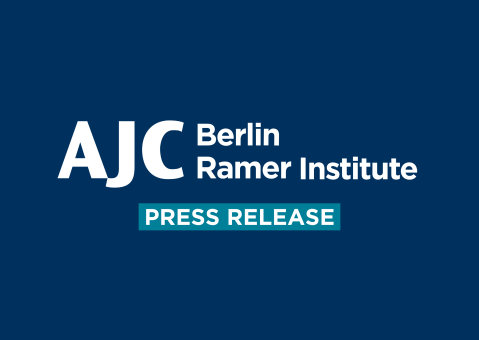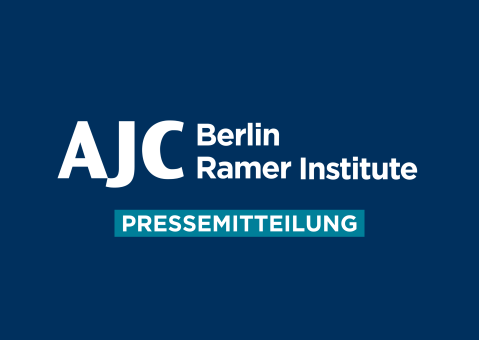Share on
This article was first published at the Jüdische Allgemeine.
by Remko Leemhuis.
The ban on the Islamic Center Hamburg (IZH) was undoubtedly long overdue. For decades, the security authorities have had reliable information that the institution was an extension of the antisemitic regime in Tehran and was spreading its ideology. It had also been known for a long time that the IZH functioned as a central meeting place for supporters of the terrorist organization Hezbollah.
This all bears mentioning, because it makes clear that the issue is ill-suited for a debate between political parties. All democratic parties at the federal level and in Hamburg were unwilling to act against the IZH for too long. Indeed, until recently, the IZH was regarded as a point of contact for questions of integration and interreligious dialog, despite all the findings of the security authorities.
This cooperation was vehemently defended by the governing coalition in the Hanseatic city, despite recent increasingly loud criticism. This is also worth mentioning because it was not only for juridical reasons that it took so long to ban the IZH. No, the fact that so many years have passed was also the result of this political courtship of the IZH.
It is to be hoped that politicians will draw the right conclusions from this case for the future and finally take the obvious step of ending all cooperation with Islamist organizations. This would also put an end to the political advancement of organizations that are often controlled from abroad and harm the interests of the vast majority of Muslims in this country.




